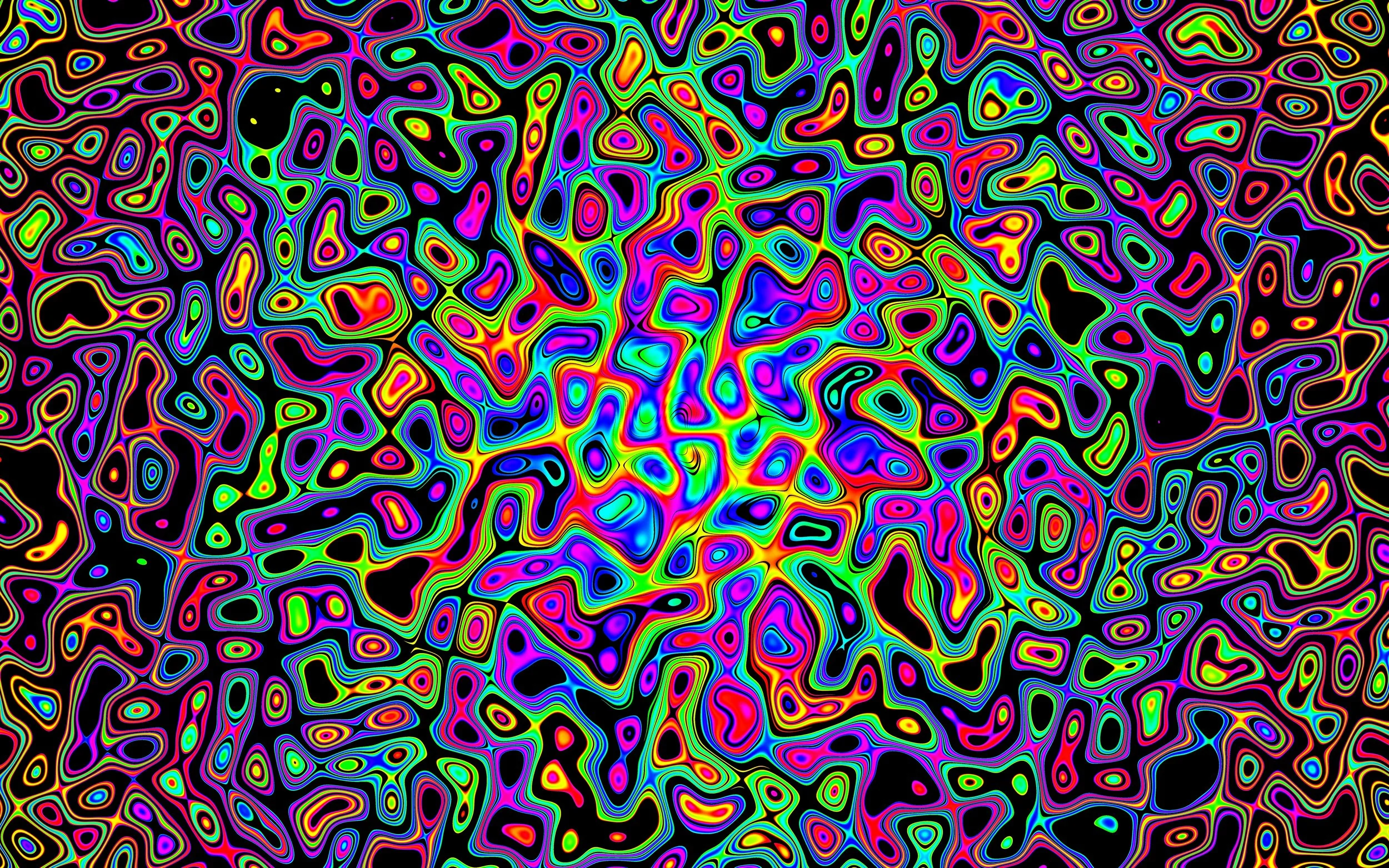The radical act of choosing joy: Why Voltaire was right about your most important decision of the day
image credit: Osarugue Igbinoba
“The most important decision you make is to be in a good mood.” - Voltaire.
It sounds almost too simple. In a world that often feels complex, challenging, and even downright overwhelming, the idea that our most significant act is a personal choice about our emotional state can seem almost trivial.
Voltaire, a master of wit and a champion of reason, wasn’t suggesting we ignore the realities of life or plaster on a fake smile in the face of genuine hardship. Instead, he was highlighting the power we possess, even amidst external circumstances, to shape our internal world. Choosing a good mood isn't about denial; it’s about a conscious act of self determination.
Think about it. How drastically does your experience of the same event change depending on your mood? A minor inconvenience can feel like a catastrophic setback when you're already feeling irritable, but it might barely register when you’re in a positive frame of mind. The world doesn’t magically transform, but your perception of it does.
Ripple effect of a good mood
Impacts your well-being: A good mood isn’t just a fleeting feeling; it has tangible benefits for your physical and mental health. It can reduce stress hormones, boost your immune system, and foster a greater sense of overall well-being.
Shapes your interactions: Your mood is contagious. When you approach the world with positivity, you're more likely to elicit positive responses from others. This can foster stronger relationships, smoother interactions, and a more harmonious environment.
Fuels your problem solving abilities: A clear and positive mind is far more effective at tackling challenges than one clouded by negativity. A good mood allows for greater creativity, resilience, and a more optimistic approach to finding solutions.
Opens doors to opportunity: People are naturally drawn to positive energy. A good mood can make you more approachable, open to new experiences, and more likely to seize opportunities that might otherwise pass you by.
Cultivates gratitude: Choosing a good mood often involves focusing on the good things in your life, however small. This cultivates a sense of gratitude, which is a powerful antidote to negativity and dissatisfaction.
‘Decision’ part is key
Voltaire uses the word ‘decision’ deliberately. It implies an active choice, a conscious turning of your inner dial. It’s not about waiting for happiness to strike; it’s about taking ownership of your emotional state. This doesn't mean suppressing difficult emotions, but rather choosing how you respond to them and actively cultivating a positive outlook.
Navigating the bad mood days
Of course, life throws curveballs. There will be days when a good mood feels like an impossible feat. On those days, the “decision” might look different. It might be a decision to be gentle with yourself, to acknowledge your feelings without judgment, and to take small steps towards a slightly more positive state. It might be choosing a calming activity, reaching out to a friend, or simply allowing yourself to feel without getting stuck in the negativity.
Radicality of joy
In a world that often seems to thrive on negativity and fear, choosing a good mood can be a radical act. It’s a quiet rebellion against the prevailing currents, a declaration that you will not be dictated by external circumstances. It’s an assertion of your inner power and your inherent right to experience joy.
So, take a moment today, and perhaps every day, to consciously make that most important decision. Choose a good mood, not as an escape from reality, but as a powerful lens through which to navigate it, a foundation for well-being, and a quiet revolution in your own life and the lives you touch. Voltaire knew what he was talking about. The power to shape your experience often lies in the simple, yet profound, choice of your inner state.
Created for the conscious, curious, creative woman making sense of space, place & pace - one pattern at a time.
© StarCozi, 2026. All observations, analysis, and visual annotations are original work unless otherwise credited.


